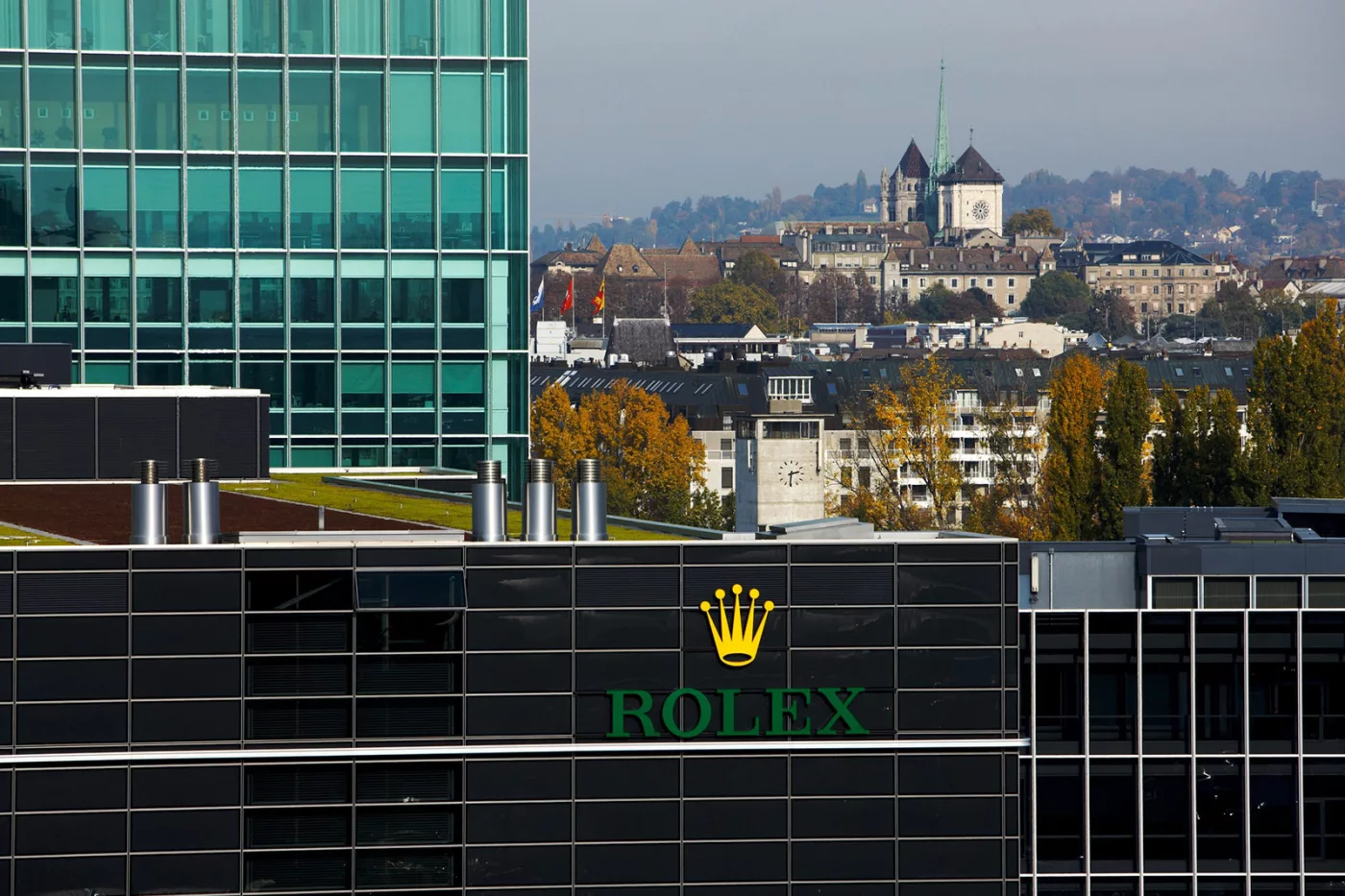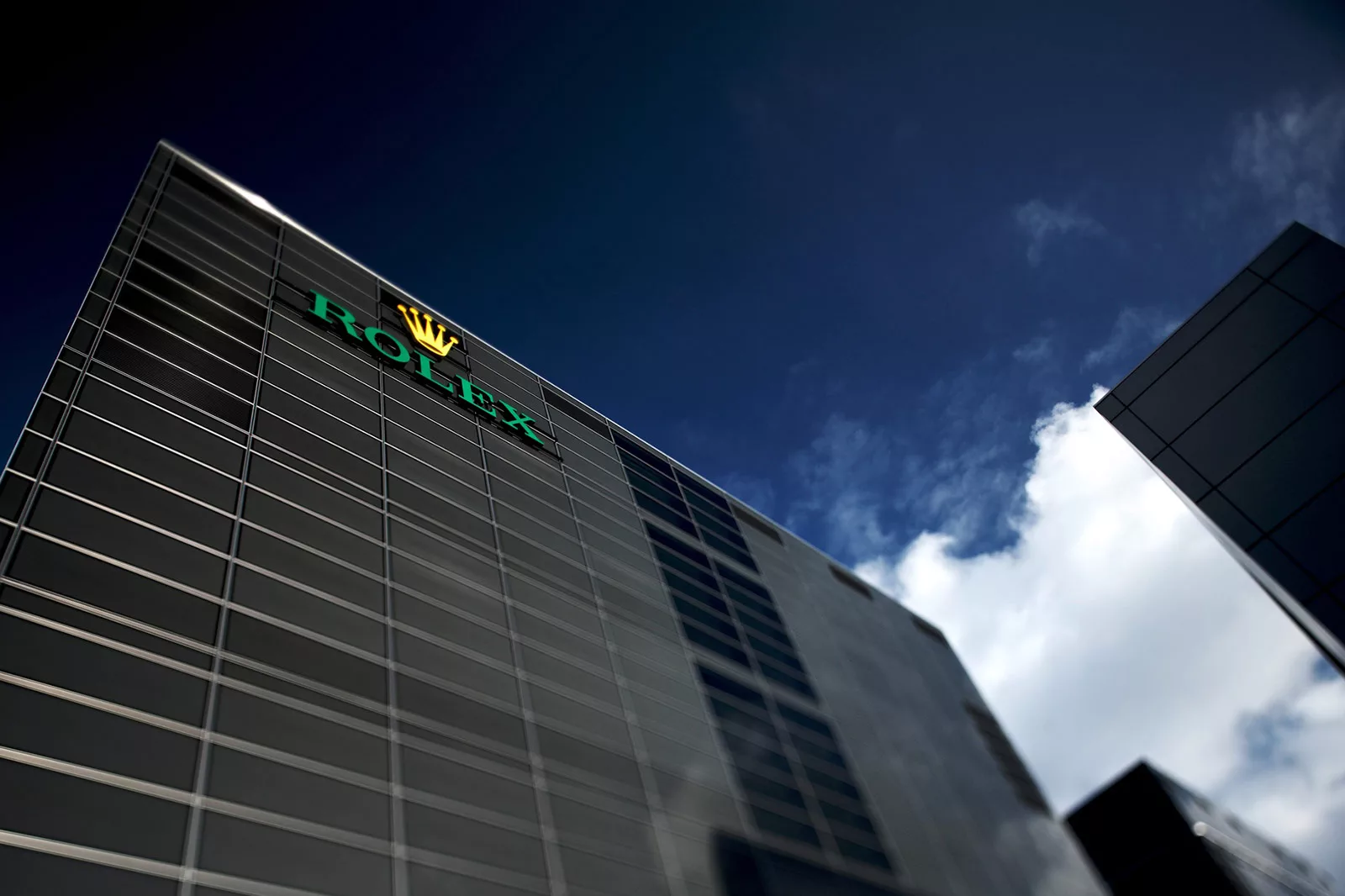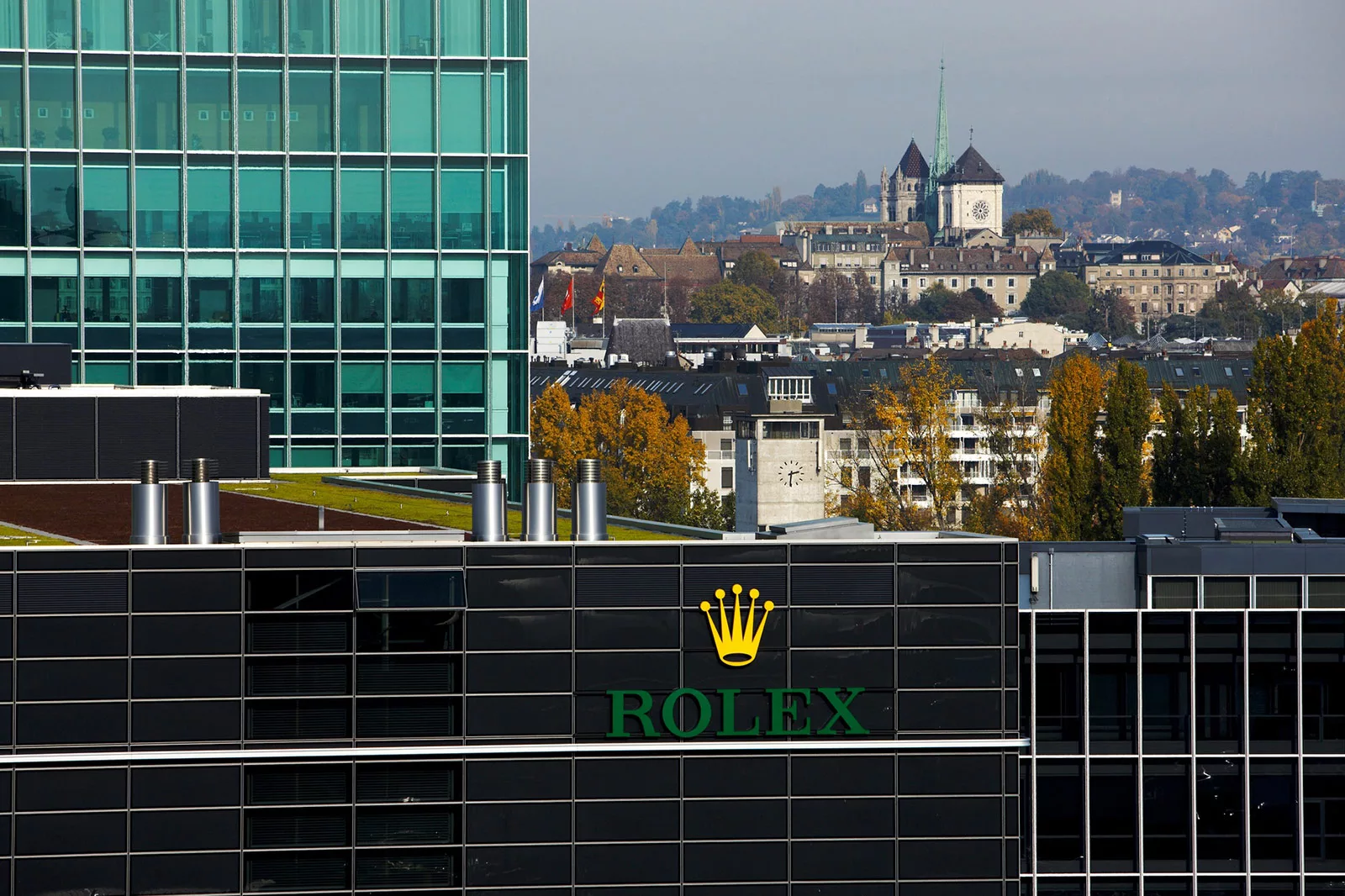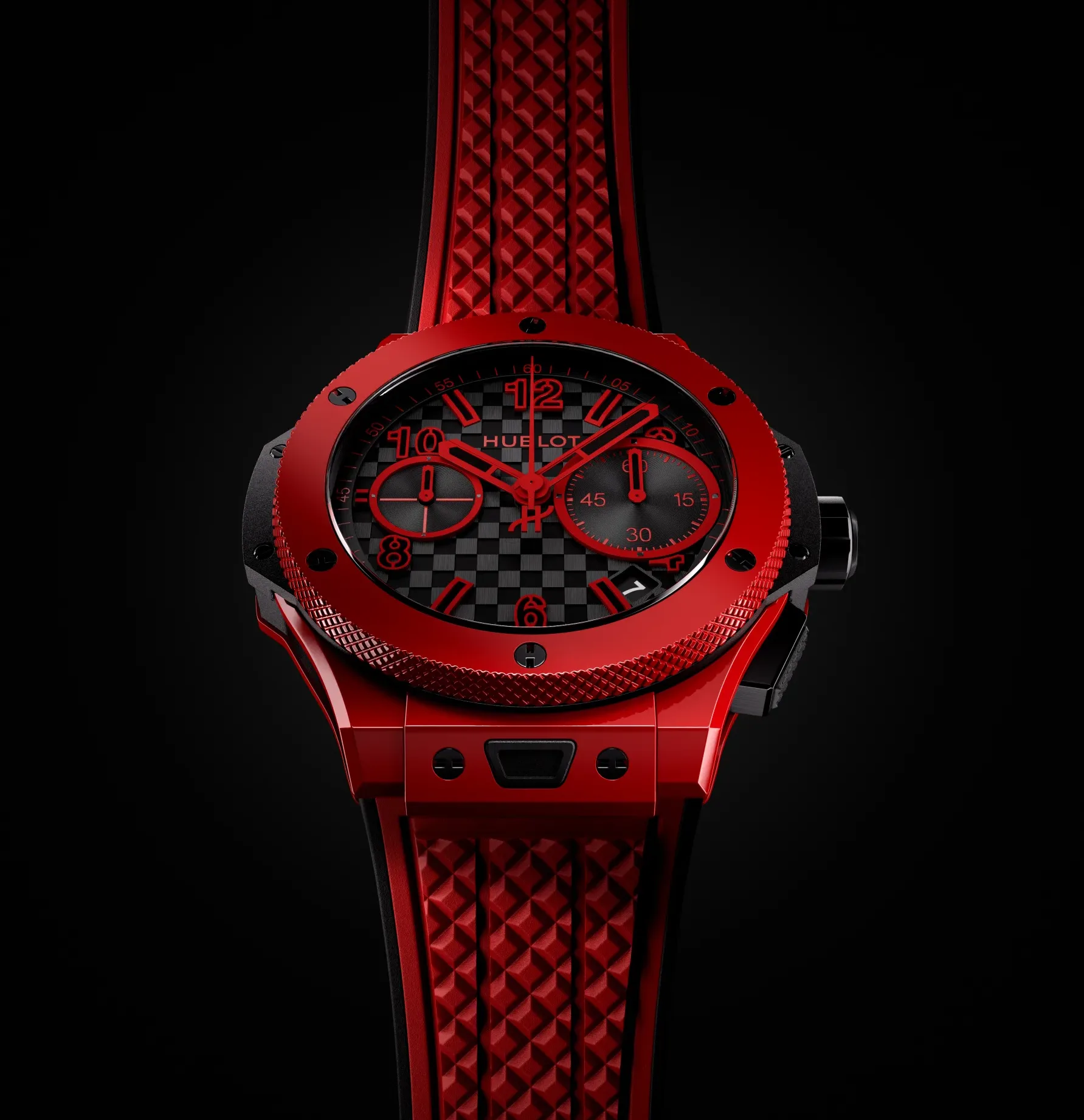BY HARLAN CHAPMAN-GREEN
Now that the new year has begun and we’ve (mostly) recovered from our New Year’s Eve hangovers, normal life resumes and we start with a report that Rolex has been fined €91.6m by France’s Autorité de la Concurrence. The Autorité de la Concurrence is France’s competition regulator, similar to the Bureau of Competition, which is a part of the Federal Trade Commission in the United States.
Competition regulators oversee the behaviours of firms within a market with a focus on anti-competitive behaviours by companies which could damage the market. A recent high-profile example of a competition regulator stepping in would be when the UK’s competition regulator, the Competition & Markets Authority, initially blocked Microsoft’s takeover of the video game publisher Activision (which owns the Call of Duty, World of Warcraft and Candy Crush franchises, among others) over concerns that the takeover would put the rest of the market at a competitive disadvantage. Microsoft already owns other major gaming franchises such as Halo, Fallout, Guitar Hero and Minecraft. After Microsoft restructured its takeover deal so that a third party would handle the distribution rights of the franchises owned by Activision, this was approved by the Competition & Markets Authority.
France’s Autorité de la Concurrence fined Rolex France SAS (also including Rolex SA, Rolex Holdings SA and the Hans Wilsdorf Foundation) €91.6m after it investigated referrals from Pellegrin & Fils, a jeweller and watch dealer, and the Union de la Bijouterie Horlogerie, the union for boutique jewellery and horology staff.
The investigation, which began in 2017, centred around the way Rolex France handles its sales to customers. Rolex sells its watches to authorised independent dealers to which it grants the right to distribute Rolex watches under a selective distribution agreement. The agreement outlines the actions that dealers can and cannot take when selling a Rolex to the end consumer; this agreement forbids dealers from selling new Rolex watches online or by mail order; if they are caught, then the dealer would forfeit their right to sell Rolex watches which are very highly regarded by buyers, Rolex is also the biggest player in the high-end watch market. Instead, dealers can only sell Rolex watches through brick-and-mortar stores. The Autorité de la Concurrence published an acknowledgement from Rolex regarding this agreement:
“We confirm that under no circumstances can our Authorised Retailers, who are the only parties authorised to sell our products, do so via the Internet or by mail order. Any sales via the Internet contravene the provisions of Article IV.3.b of the Selective Distribution Agreement signed by all our Authorised Retailers.”
The Autorité de la Concurrence considered this and decided that Rolex’s prohibition of online and mail-order sales via independent dealers was a detriment to the retailers and the end consumers. Rolex argued that this was necessary as a symbol of prestige and also as a measure to “combat counterfeit and off-network sales”.
The Autorité de la Concurrence considered Rolex’s response and said that it was understanding of Rolex’s reasoning, but that other high-end watch brands faced the same issues as Rolex and had found ways of solving the counterfeiting issue. They also considered Rolex’s points regarding the re-selling of their watches, Rolex’s sports models, such as the Submariner, GMT-Master II and Cosmograph Daytona, are renowned for their ability to sell for double or even triple their retail value on the pre-owned market. The Autorité de la Concurrence also rejected Rolex’s argument on the grounds that it is possible to purchase a pre-owned Rolex watch through Bucherer, a watch dealer that was recently purchased by Rolex. The Autorité de la Concurrence stated that as Rolex was guaranteeing that the pre-owned watches Bucherer sells were genuine and that they could be purchased online, there was no valid reason for restricting other dealers from selling Rolex watches online themselves. The Autorité de la Concurrence’s website says:
“While a supplier is free to organise its distribution network as it sees fit, this organisation must not give rise to a restriction of competition.
The principle of the free organisation of the network cannot authorise a manufacturer to restrict the commercial freedom of its resellers. Prohibiting its retailers from selling its products online distorts the competition in which resellers should normally engage, not only between themselves but also with regard to the manufacturer in the online sales distribution channel. This rule remains valid even if, as in this case, the products concerned are distributed exclusively or almost exclusively through a network of independent retailers.”
It’s interesting from the perspective of a horological nerd like myself (although someone commented on our last article that we here at WristReview are horological professors at this point (I’m still blushing)) to see this happen. I’ve noticed before that whenever you visit the website of a Rolex authorised dealer, the Rolex section is completely different to the rest of the website and doesn’t mention anything about online sales, whereas you can usually order watches from competing luxury watchmakers directly through the website. While €91.6m is most likely a pittance compared to Rolex’s profits, it is possible that competition regulators in other countries may be interested in conducting their own investigations, especially now with the complexity of the Bucherer network which also falls under the Rolex umbrella.
WristReview has yet to reach out to Rolex for a comment.





